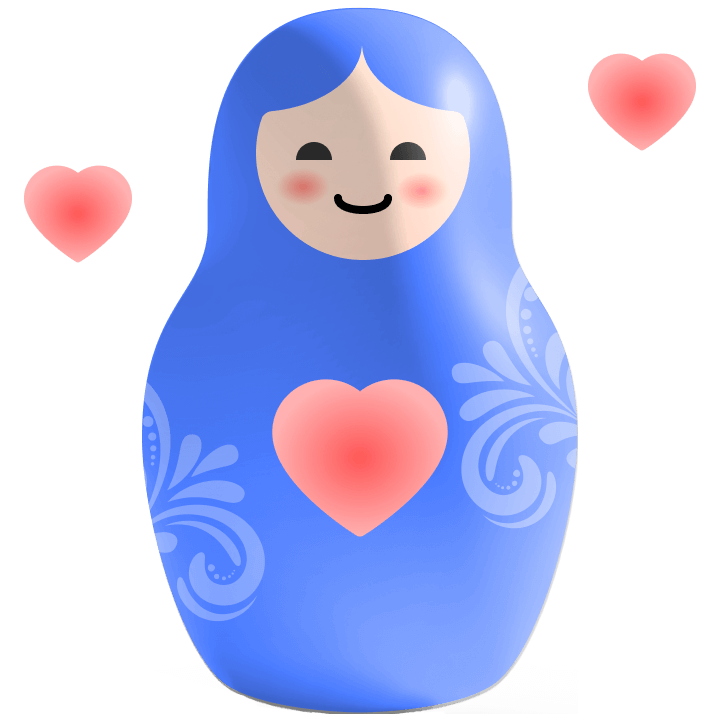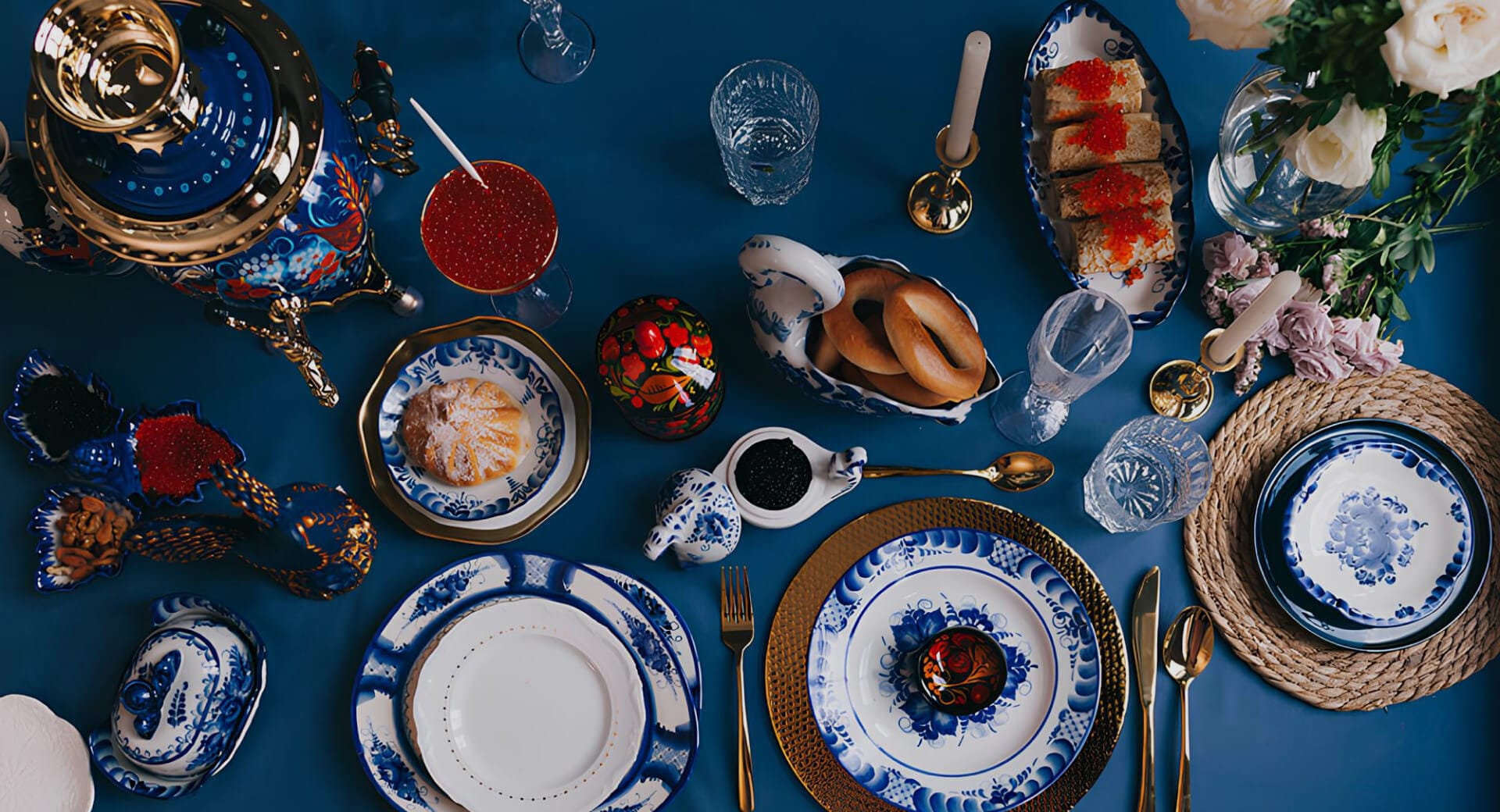
Traditional values
Modern Russia continues to preserve and develop its traditional values, which play an important role in the life of society. These values are the basis of moral and ethical standards, determine the way of life of people and form national identity.
Public policy
Russia is a country that deeply respects its history, culture and traditions. State policy in the field of traditional spiritual and moral values is aimed at preserving and promoting these values in society.
In 2022, President V.V. Putin signed a decree “On the preservation and strengthening of traditional spiritual and moral values,” which included 17 main values.
The state pays special attention to institutions and organizations that are involved in the preservation and development of Russian culture and traditions. This allows Russians to preserve their national heritage and expand its borders, showing the whole world the richness and diversity of Russian culture.
17 core values
- Life
- Dignity
- Human rights and freedoms
- Patriotism
- Citizenship
- Service to the Fatherland and responsibility for its fate
- High moral ideals
- A strong family
- Creative work
- Priority of the spiritual over the material
- Humanism
- Mercy
- Justice
- Collectivism
- Mutual assistance and mutual respect
- Historical memory and continuity of generations
- Unity of the peoples of Russia
Family Institute
In Russia, family has always been and remains one of the main traditional values. Family ties are very strong and respected in Russian culture, and the family is considered the foundation of society. In Russia, it is customary to take care of your loved ones, respect them and support them in difficult moments.

One of the main family traditions is marriage. Marriage in Russia is accompanied by various rituals and ceremonies, which have become a symbol of the unification of two people into a family. Marriage allows spouses to make decisions together, share each other's help and support, and build a future and raise children in a caring and harmonious environment.
Large families have always been valued in Russia, and the birth of a child is considered a great happiness and a most valuable gift. The tradition of passing on the surname and name from generation to generation is evidence of continuation of the family line and family values. Raising and caring for children is an integral part of Russian family values.
The family in Russia also plays an important role in preserving cultural heritage. Parents pass on to their children traditions and customs that have been passed down from generation to generation. This helps preserve the uniqueness of Russian culture.

Respect for elders
Another important tradition is respect for elders. In Russian culture, the wisdom and life experience of older people is deeply respected, and their place in the family and society is especially valued. The younger generation takes on the responsibility of caring for and respecting the elderly. The tradition of caring for older generations is accompanied by visits, concern for their health and comfort, which allows maintaining family ties.
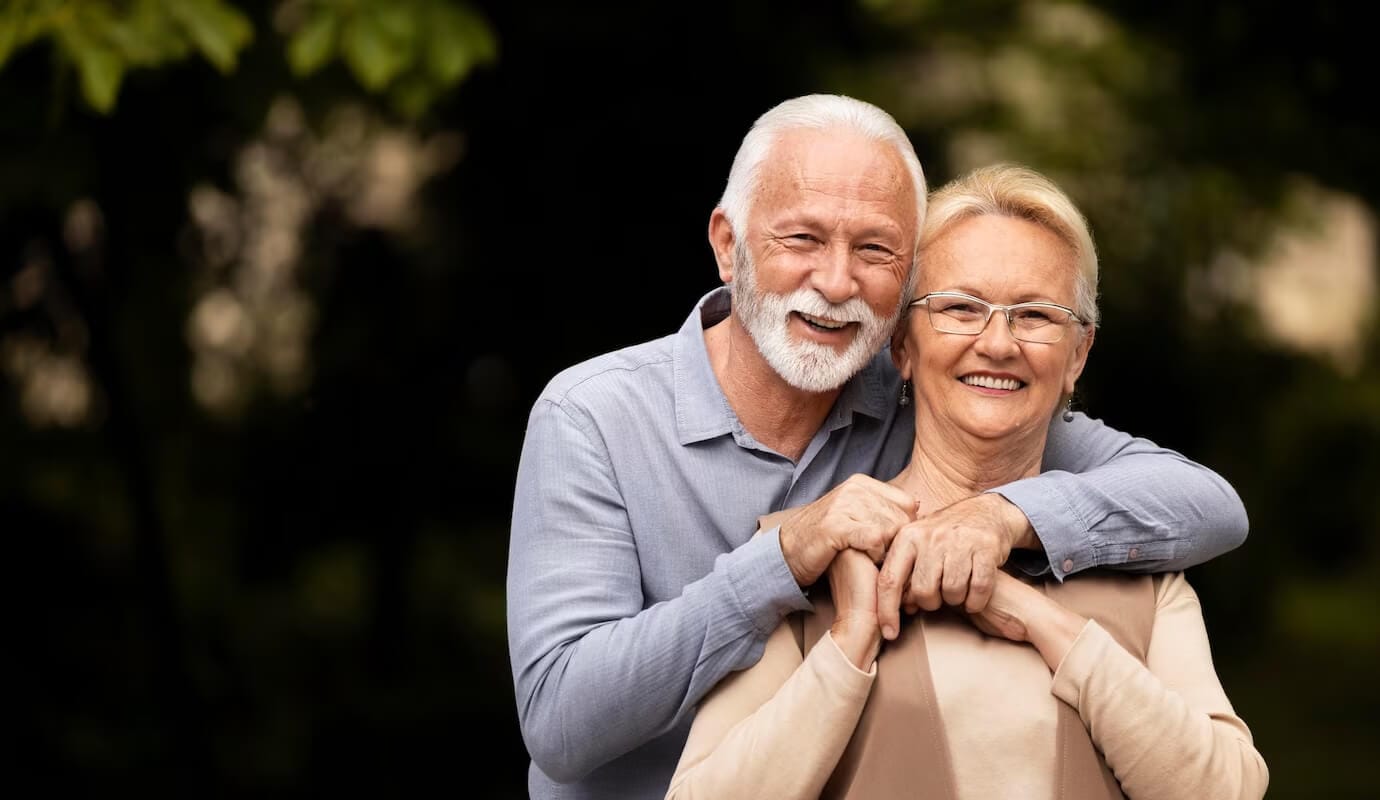
Patriotism and love for the Motherland
Patriotism and love for the Motherland represent one of the basic and traditional values of Russia. These concepts are closely related and are of great importance for the formation of the national identity of our country.
Patriotism is revealed in a variety of forms: this is service in the army or law enforcement agencies to protect the native land, and active participation in public life, and the development of scientific and cultural achievements in the interests of the nation. But the main feature of patriotism is the willingness to make every effort for the good of one’s country and its people.
The main patriotic holidays of Russians
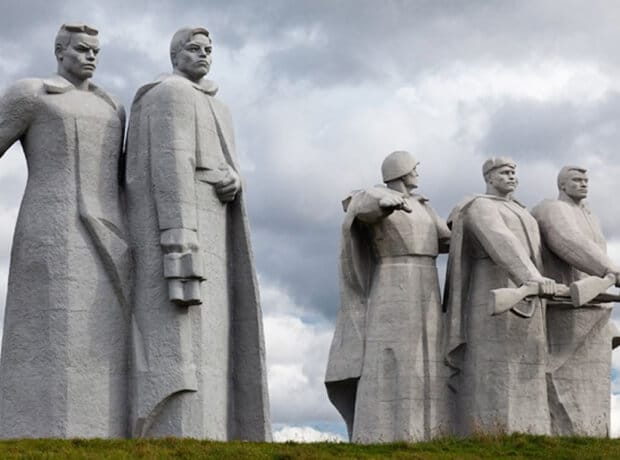
Victory Day
One of the most important holidays in the country: May 9 marks the victory of the USSR over Nazi Germany and the end of the Great Patriotic War (1941-1945). On this day, large-scale celebrations take place throughout the country: a procession to the Tomb of the Unknown Soldier in Moscow, military parades in hero cities and festive fireworks, concerts. Russians honor veterans.
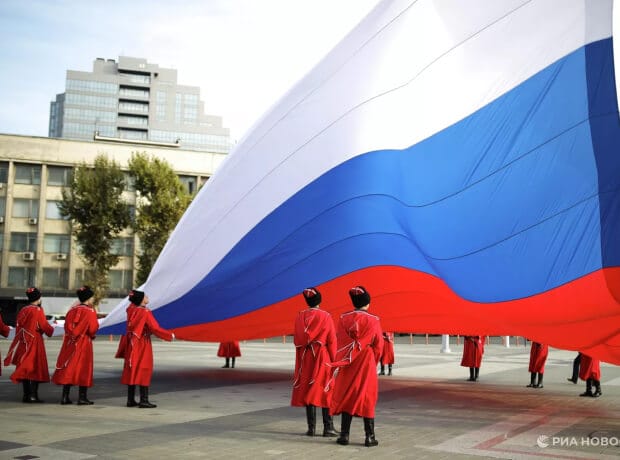
National Unity Day
Another of the main patriotic holidays in Russia is National Unity Day, which is celebrated on November 4. Historically, the holiday is associated with the events of 1612, when the people of Russia united to defend their Motherland and the end of the Time of Troubles in Russia in the 17th century.
The holiday symbolizes the idea of national harmony and social unity, the unity of the entire Russian people, regardless of religion, nationality and social status.
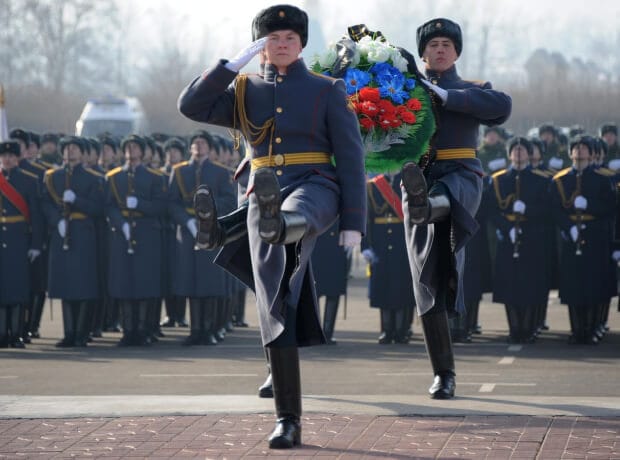
Defender of the Fatherland Day
During the Soviet years, it was celebrated as the Day of the Soviet Army and Navy, congratulating all military and military personnel. In modern Russia, February 23 is a holiday not only for the military, but for all men, regardless of whether they served in the army or not. On this day, in addition to congratulations, they expect small gifts from colleagues, relatives, friends, their wives and girlfriends.
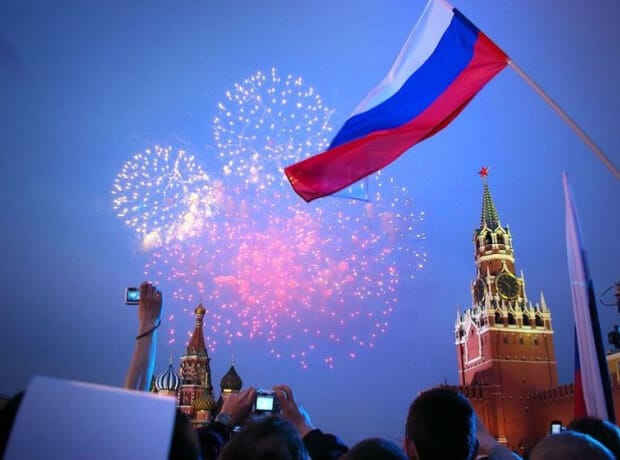
Russia Day
Celebrated annually on June 12. On this day, celebrations and concerts are held throughout the country. Established in honor of the adoption in 1990 of the declaration of state sovereignty of the Russian Federation.
Traditional values play a very important role in the life of modern Russia. They help people maintain a connection to the past and shape their identity, and provide the basis for a harmonious and sustainable society.










